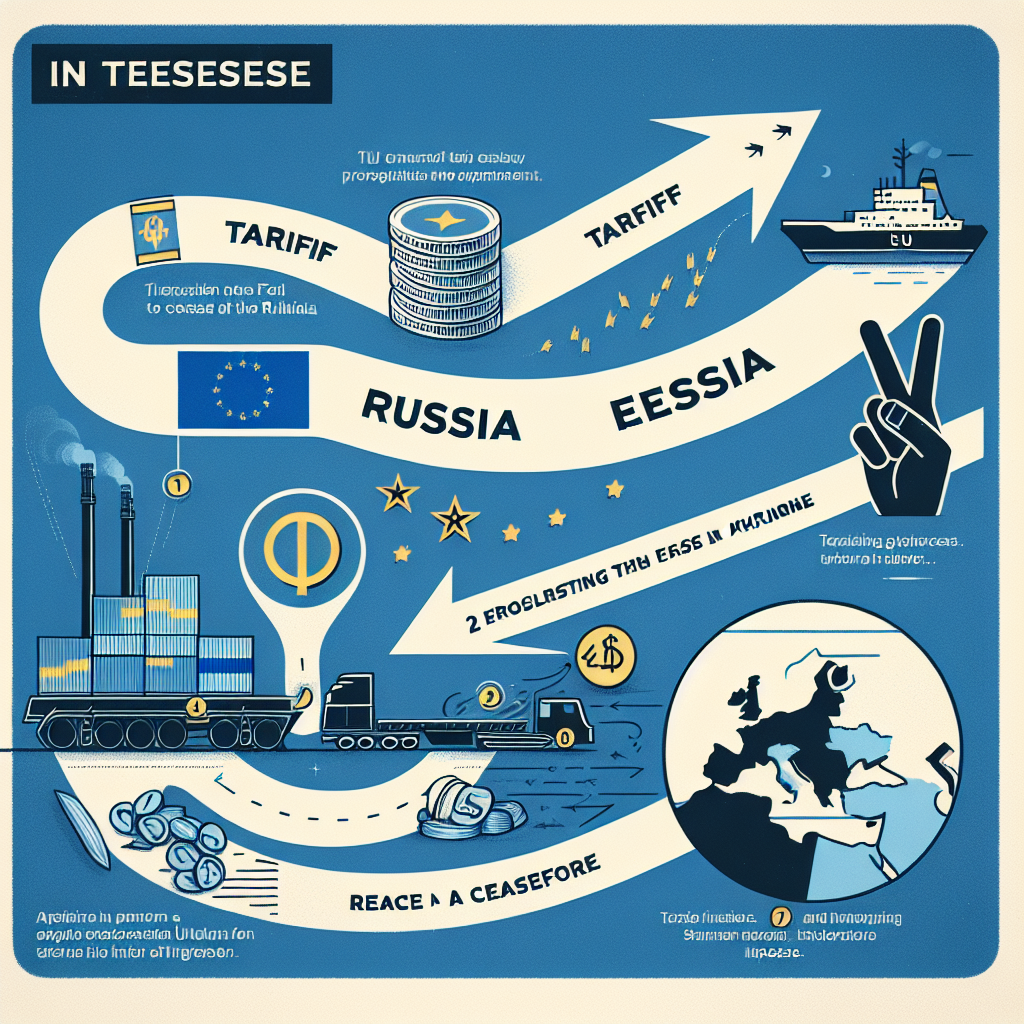Could EU Tariffs on Russia Lead to a Ukraine Ceasefire?
Could EU Tariffs on Russia Lead to a Ukraine Ceasefire?
Introduction
The European Union is considering imposing tariffs on Russian goods as a strategic move to pressure Russia into negotiating a ceasefire in Ukraine. This potential economic measure aims to weaken Russia’s financial capacity to sustain its military operations, thereby encouraging diplomatic resolutions.
Key Insights
Economic Pressure as a Diplomatic Tool
- The EU believes that economic sanctions and tariffs can serve as effective non-military tools to influence Russia’s actions.
- By targeting key sectors of the Russian economy, the EU aims to create internal pressure within Russia to reconsider its stance on the Ukraine conflict.
Potential Impact on Russia
- Tariffs could significantly impact Russia’s export revenues, particularly in energy and raw materials.
- Reduced financial inflows might limit Russia’s ability to fund its military operations in Ukraine.
Challenges and Considerations
- There is a risk of retaliatory measures from Russia, which could escalate tensions further.
- The EU must balance its economic interests with its political objectives, ensuring that member states are unified in their approach.
- Potential impacts on global markets and EU economies need careful assessment to avoid unintended consequences.
Conclusion
The EU’s consideration of tariffs on Russia represents a strategic attempt to leverage economic influence to achieve a ceasefire in Ukraine. While this approach could pressure Russia into negotiations, it also carries risks of retaliation and economic repercussions. The success of this strategy will depend on the EU’s ability to maintain unity and manage the broader economic impacts.
































